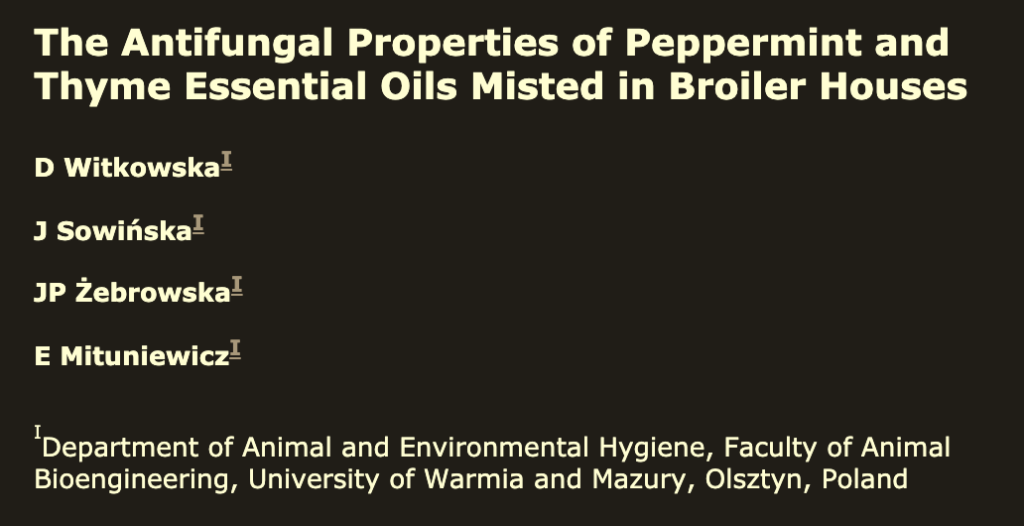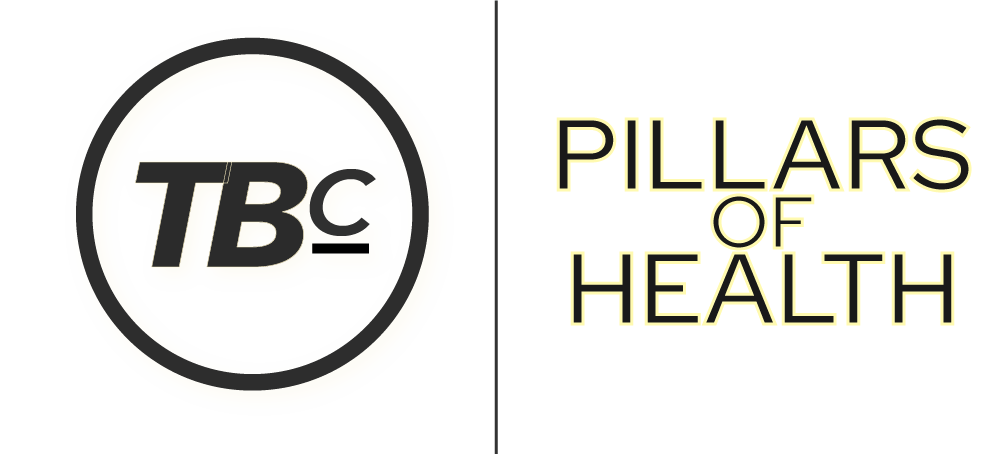Bad Flora Are Interfering With Your Gut Health
Prime Objective: Increase Gut Hostility
1
Why Must The Gut Be Hostile?
Keeping All Microbes In Check
In robust health, the body can — to a large extent — regulate the microbes in the gut, keeping them from becoming “too comfortable” and growing out of control. However, when health is suffering, the body’s immune system cannot perform this function.
With any gut regimen, we are hoping to “help out” the gut by beating back pathogens and overactive gut flora. Ultimately, we hope the body can begin to re-establish its own control of the situation, by means of the:
- Digestive process (allowing for better nutrient absorption, energy production and endogenous nutrient production — all of which boost immunity).
- Immune system (which over time can slowly strengthen and better keep pathogens in check).
The key here? “Over time”. Perpetually beating down pathogens (and feeding better microbes) throughout the course of the day gives the body a chance to strengthen — little by little. This happens best through long-term effort.
Restoring gut health (when it’s really struggling) isn’t a 5-Day Blast. It’s months of stacking the deck in your body’s favor.
The Best Antimicrobials
2
Colostrum
Colostrum is a true mainstay, gentle yet powerful. It’s so gentle that many folks aren’t even sure it’s doing anything — until they stop taking it and realize their gut function was indeed improved while on it.
Colostrum is safe in quite high doses, as it’s essentially a form of milk (the “first milk” of all mammals for the benefit of the newborn’s digestive health). High-dose colostrum is powerful to reset the gut over weeks and months. Low-dose (1 or 2 pills/day) colostrum is good for maintenance. While dairy intolerances are uncommon with colostrum, even for people who don’t tolerate dairy, it could be an issue for some. If you suspect this, start with one pill at a time before a meal and evaluate your reaction.
It contains immunoglobulins that boost the immune system, lactoferrin which kills pathogens and fungus, prebiotics to feed good flora, growth factors that promote healing, and even absorbs toxins. It also seems to improve mood and is especially skilled at regulating speed of motility: Colostrum slows down diarrhea, while getting slow, constipated bowels moving again — helping your gut achieve that “Goldilocks Speed.”
I swear by colostrum — and have had many clients achieve good results with daily, long-term use. Colostrum is not a supplement that fixes the gut by itself — but alas, no supplement is.
Colostrum is one of the few supplements that provide such a full-spectrum of benefits. It’s also one of the few that I am in favor of taking daily.
3
Oregano + Cinnamon Oil
These can be taken separately, but when combined result in a powerful combination.
Oregano oil is perhaps the strongest natural antimicrobial, and it can indiscriminately kill flora of all species and strains — even beneficial types. Therefore, it is best used in short bursts (of several weeks to a month) and then cycled off. It’s best to take prebiotics when taking something this strong — to try and mitigate the killing of good bugs and facilitate the growth of new beneficial species.
OregaRESP (by North American Spice) is an extremely powerful blend of Oregano and Cinnamon Oils, along with cumin, sage and ginger. Oregano and cinnamon are a true synergistic duo, and have been studied extensively by the agriculture industry — with solid results against microorganisms.
Like all antimicrobials, 1) this product will have a greater effect when taken on an empty stomach and 2) you may take this more frequently, or for a longer duration, if accompanied with a meal.
Again, be sure to cycle on and off — this one is so strong it is possible to overdo it. For the long term, use for about a month maximum, with 1-2 months off. Only repeat if you feel you really need something this powerful — which you might. When I was at my worst, I responded well to high doses of this, as directed on the package.
4
Triphala
Triphala is an ancient herbal blend derived from three Asian fruits.
It’s more than just a killer — it nourishes the gut lining and is effective at improving regularity. While its acids are certainly hostile to pathogens, it also contains antioxidants that protect and improve energy flow in the gut.
It is also a fair source of natural Vitamin C, which is actually an important factor for gut health.
5
Enzymes Are Antimicrobial
Enzymes Harm Microbes
Pathogens hate enzymes. Enzymes kill and disrupt microorganisms. Bacteria release various enzymes to “fight off” other species.
Enzymes are also highly electrical compounds that “speed up” your body’s metabolic processes, break down proteins and other compounds, and help digest your food (this, too, by breaking it down into smaller pieces).
The main takeaway here: Pathogens are harmed by enzymes, and therefore all enzymes can (and should) be thought of as “killer” supplements.
The Difference Between “Digestive” Enzymes & “Systemic” Enzymes
Digestive enzymes break down your food. Your body makes them, but taking more can help when recovering.
Systemic enzymes break down waste, toxins and pathogens in the bloodstream, facilitate chemical reactions for energy, and boost the immune system. Your body makes them, but taking more can help when recovering.
How To Take
Take digestive enzymes right before, during, or after meals.
Take systemic enzymes on an empty stomach — always. (30 mins before — 60 minutes after meals).
Nutrient Balance
Enzymes may “use up” magnesium and therefore increase your need of magnesium.
6
Systemic Enzymes
My favorites: Wobenzym, Serrapeptase. I recommend switching back and forth.
7
Digestive Enzymes
8
Other Herbs

“Lemongrass, eucalyptus, peppermint and orange oils were effective against all the 22 bacterial strains. Aegle and palmarosa oils inhibited 21 bacteria; patchouli and ageratum oils inhibited 20 bacteria and citronella and geranium oils were inhibitory to 15 and 12 bacterial strains, respectively. All twelve fungi were inhibited by seven oils (aegle, citronella, geranium, lemongrass, orange, palmarosa and patchouli). Eucalyptus and peppermint oils were effective against eleven fungi.”
When we take an herbal supplement, the antimicrobial effect comes from the plant’s oils. These are very similar, and sometimes identical, to “essential oils.”
The big difference is most supplement companies package these oils in pills for internal use, whereas essential oil companies usually sell their products in droppers and are more hesitant to recommend for internal use.
Pau D’Arco
Made from the bark of the South American “bow tree,” Pau D’Arco has potent antimicrobial qualities. Natives made their hunting bows from this tree because the wood was extremely rot-resistant.

The same antimicrobial properties that protect the wood from rot (which is fungal and/or bacteria growth) are what makes this such a potent antimicrobial supplement for your gut.
Peppermint & Thyme
Peppermint and thyme oils both exhibit antimicrobial properties and can, therefore, be useful to increase the hostility of the gut.

“The effect of essential oils was noticeable in the last two weeks, when the counts of Aspergillussp. were 75% (thyme oil) and 46% (peppermint oil) lower in comparison with the control group.”
9
Essential Oil Products
Essential oils are highly volatile chemicals found in plants. Most all have a strong antibiotic, antimicrobial effect. Therefore, they can be used to increase hostility on gut pathogens.
Do not underestimate the strength of essential oils. They are not weak, and they aren’t automatically safe. Inferior quality oils can contain heavy metals, so choose quality brands.
If you ingest internally, mix 1 drop in a “carrier oil” and drink the oil — or place the infused oils into an empty capsule. Choose your oil brand and plant wisely, fully aware of potential negative side effects, and use as directed.
Topical application of essential oils can have a powerful antimicrobial effect, both locally and throughout the body — including the gut.
10
Vary Your Arsenal
With all of these herbal extracts and oils, the key is to vary, rotate, and alternate your arsenal.
Most plant-based antimicrobials preferentially kill some species of microbe — with less effect on other species. When we rotate and combine various oils into a blend, we can achieve better long-term results.
Some antimicrobials are strong enough they need to used carefully: Oregano oil needs to be cycled on and off to prevent “too much” non-discriminate killing.
Others are safer in longer-term usage, but should still be cycled to some extent.
The key is to rotate these herbal extracts. When you finish a bottle, try something different. Over time you will develop an understanding of how these herbs affect you.
Traditional foods used heaps of herbs and spices, whether in the dish or in medicinal beverages with meals. It’s actually odd in human history for these plants and extracts to NOT be used.












